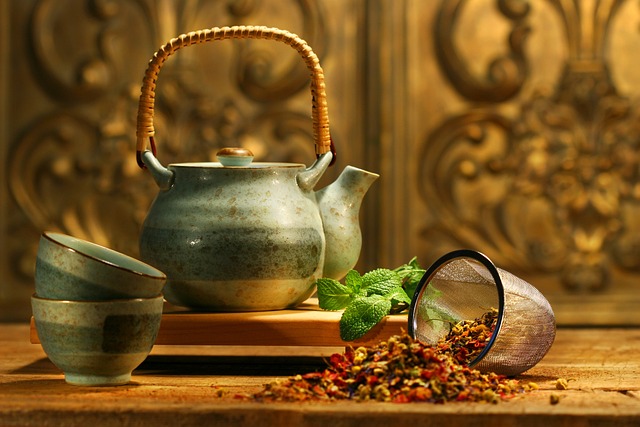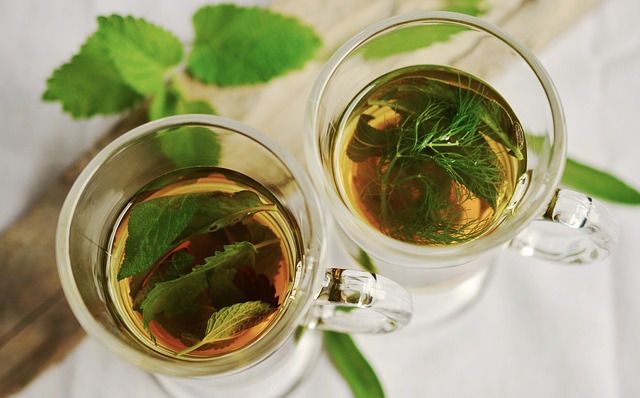Table of Contents
Tea, one of the oldest and most widely consumed beverages in the world, comes in many varieties, each with unique flavors and health benefits. From the well-known green and black teas to a wide range of herbal infusions, the health advantages of these beverages are as diverse as their tastes. This article explores the health benefits of different types of tea, including green, black, and herbal teas.

Green Tea: The Antioxidant Powerhouse
1. Rich in Antioxidants
Green tea is renowned for its high content of antioxidants, particularly catechins, which are powerful in combating oxidative stress:
EGCG (Epigallocatechin Gallate): This potent antioxidant has been linked to numerous health benefits, including reducing inflammation and protecting against chronic diseases like heart disease and cancer.
Anti-Aging: The antioxidants in green tea help protect cells from damage, which can slow the aging process and enhance overall longevity.
2. Weight Management
Green tea is often associated with weight loss and metabolism boosting:
Increased Fat Burning: Studies have shown that green tea can increase fat burning, especially during exercise, by enhancing metabolic rate and fat oxidation.
Appetite Control: Some research suggests that green tea can help control appetite, making it easier to maintain a healthy weight.
3. Heart Health
Green tea is beneficial for cardiovascular health:
Lowering Bad Cholesterol: Regular consumption of green tea has been shown to lower LDL cholesterol levels, reducing the risk of heart disease.
Blood Pressure Regulation: The catechins in green tea can help relax blood vessels and improve blood flow, which can aid in maintaining healthy blood pressure levels.

Black Tea: Robust Flavor and Health Benefits
1. Improved Heart Health
Black tea, like green tea, is rich in antioxidants that support heart health:
Lowering Blood Pressure: Consuming black tea regularly can help reduce systolic and diastolic blood pressure.
Reduced Stroke Risk: Some studies indicate that drinking black tea may lower the risk of stroke, thanks to its beneficial effects on blood vessels.
2. Enhanced Digestive Health
Black tea can promote a healthy digestive system:
Gut Health: The polyphenols in black tea act as prebiotics, promoting the growth of beneficial gut bacteria. A healthy gut microbiome is crucial for overall well-being.
Digestive Enzymes: Black tea can stimulate the production of digestive enzymes, aiding in the breakdown and absorption of nutrients.
3. Mental Alertness
Black tea contains caffeine and L-theanine, which can improve mental alertness and focus:
Cognitive Function: The combination of caffeine and L-theanine enhances cognitive function, providing a balanced increase in alertness without the jitters often associated with coffee.
Stress Reduction: L-theanine has calming effects that can reduce stress and improve mood, contributing to overall mental well-being.
Herbal Teas: A Diverse Range of Health Benefits
1. Chamomile Tea
Chamomile tea is known for its calming properties:
Sleep Aid: Chamomile is often used to improve sleep quality and treat insomnia. It can help relax the mind and body, making it easier to fall asleep.
Digestive Health: Chamomile has anti-inflammatory properties that can soothe the digestive tract, alleviating conditions like indigestion and irritable bowel syndrome (IBS).

2. Peppermint Tea
Peppermint tea offers several digestive benefits:
Relieving Bloating: Peppermint can help relax the muscles of the gastrointestinal tract, reducing bloating and discomfort.
Irritable Bowel Syndrome: Peppermint oil has been shown to relieve symptoms of IBS, such as abdominal pain and discomfort.
3. Ginger Tea
Ginger tea is a powerful remedy for various ailments:
Nausea Relief: Ginger is well-known for its ability to relieve nausea and vomiting, making it beneficial for motion sickness and pregnancy-related morning sickness.
Anti-Inflammatory: Ginger has strong anti-inflammatory properties that can help reduce muscle pain and soreness, as well as improve joint health.
4. Rooibos Tea
Rooibos tea, also known as red bush tea, is packed with antioxidants:
Heart Health: Rooibos can help lower blood pressure and improve heart health by reducing cholesterol levels.
Skin Health: The antioxidants in rooibos promote healthy skin by fighting free radicals and reducing inflammation.
Conclusion
The diverse types of tea each offer unique health benefits, making tea a versatile and beneficial beverage for overall health and well-being. Green tea shines with its antioxidant properties and metabolism-boosting effects, while black tea supports heart health and mental alertness. Herbal teas, including chamomile, peppermint, ginger, and rooibos, provide targeted benefits ranging from improved digestion to enhanced relaxation. Incorporating a variety of teas into your daily routine can provide a broad spectrum of health advantages, contributing to a healthier and more balanced lifestyle.